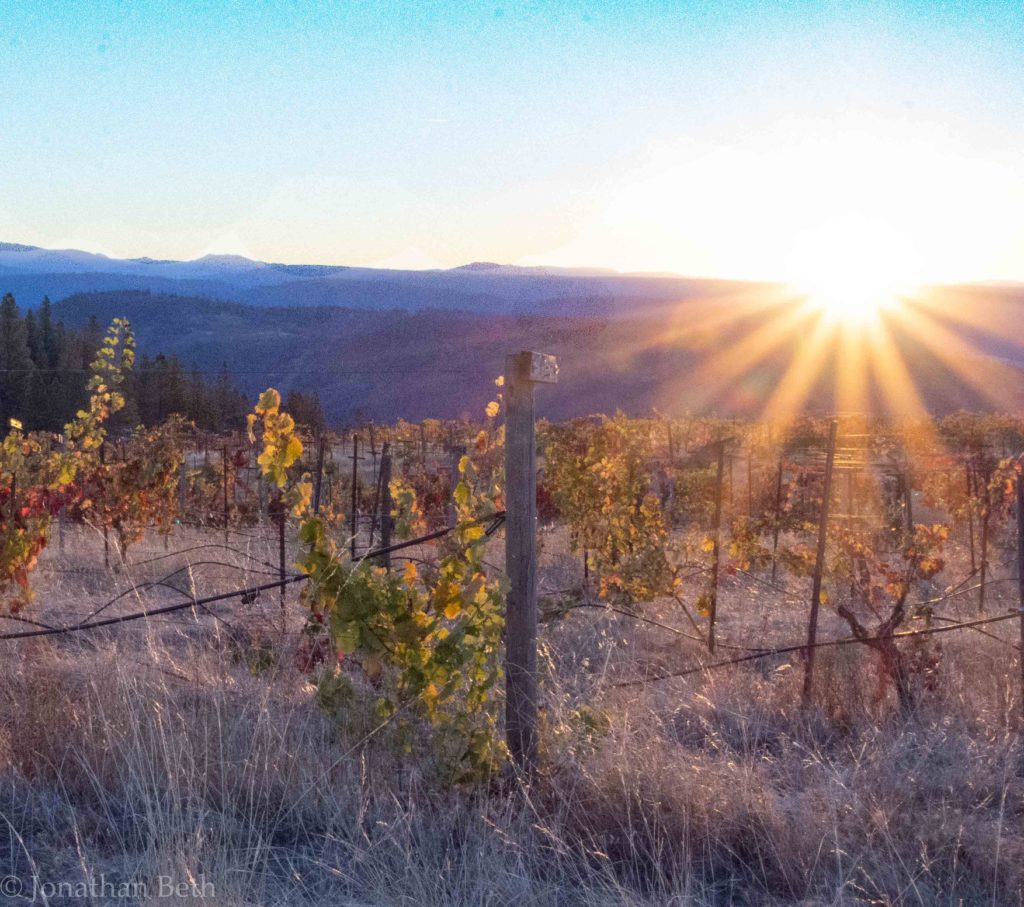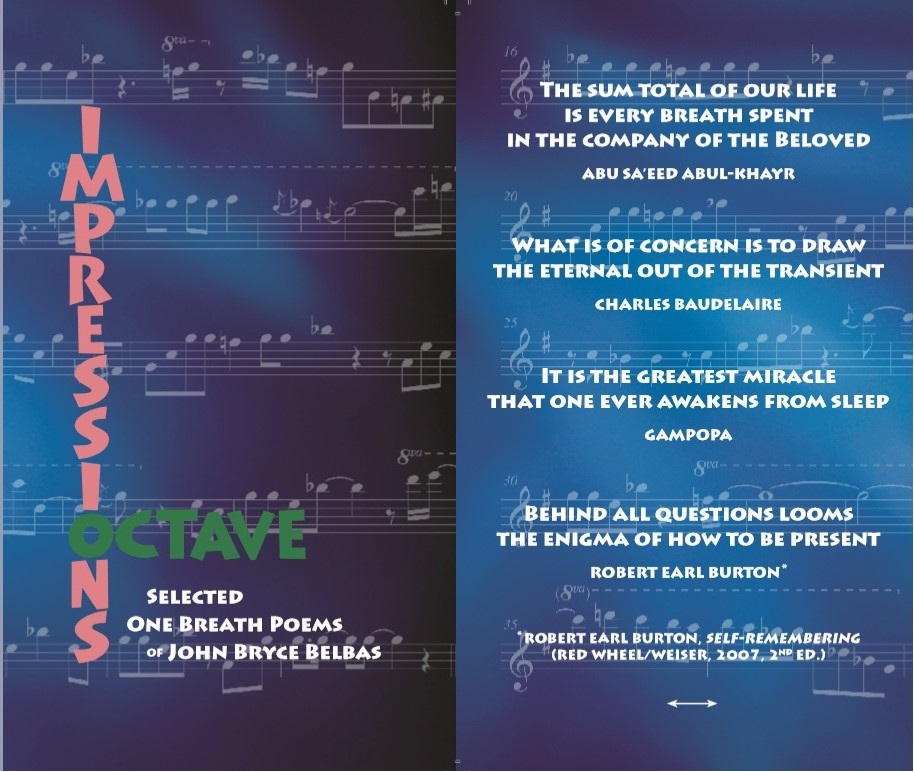The Question
“To be or not to be” may be the question. However, what do you want? Reading this, likely you have a sort of awakening aim, in whatever terms you couch it. You have your aim: you want to wake up, be more awake, be self-aware, conscious. That aim is in place, with subsidiary aims, likely. You may have an abundance of experience of things such as denying force, third force, what’s possible, what is not possible, what is necessary, etc. You are poised now for whatever happens. You’re sharpening your desire, refining your approach, examining, discarding, doing what you do in your approach to the work. Is more possible, or necessary, or desirable?
P.D. Ouspensky asks, “You say you want to be conscious; that is all very good, but why? What do you want to get by being conscious?”
Making an Aim
Some may volunteer that they want to be servants to the higher, to God, to help people. But this is a different triad than one may originally encounter when joining the work. When we join, all and everything is about waking up. Years later we have a clearer understanding of the impediments. There was a joke, years ago, about joining a teaching to blast off for higher worlds. Then, turning around twenty years later, finding oneself decorating the launch pad. As the years pass, one settles down, and, as Sir Van Morrison put it, “You just get a job and somewhere to live…”
Oh, people say they are doing it, climbing that mountain. But in the climb, smaller foothills are scaled and… things happen. These same people may wonder about their aim, their foundation. One’s approach is one’s own alone, different than the next. One comes to see there are many legitimate approaches, and they all are in flux. Over time, one may possess more inner flexibility, which is of considerable value.
Life and the Work
We have all read, or simply figured out, that it matters not one’s station in life. You can do the work/wake up anywhere, digging ditches, working some 9 to 5 gig, pursuing your career. You say, “I just want to be the best I can be.” It may be countered that one needs to push oneself. Do more than is expected, more than one is comfortable with, push to excel, not just ‘go along to get along.’ That may mean to improve one’s lot in life, sharpening one’s desire. A sharp pencil/shovel makes a better tool than a dull one.
Same is true in setting aims. The more specific aim, the clearer the path to get there. The difference here, as Ouspensky relates, is that there can be—now connected with one’s aim to be conscious—actual material, external aid. This can connect with essence, which can act in conjunction with your internal desire for presence. Maybe it is not just to be an awakened ‘person.’ Rather, one may need to be an awakened Something. Playing some role, besides the role of one’s name; say, a conscious potter, an awake actor, an enlightened statesman…
Refining One’s Aim
Many moons ago, after a meeting on ‘how to be more emotional in the work,’ a friend confided that he suppressed his angle [point of view] because he wasn’t working well with it at the time. That became a mantra for me: ‘Set your aims – you will become emotional.’ And that was it, to the point! Around thirty years later, it became clear to me that that mantra has two meanings. Of course, in the work, that aim–to refine your work, set aims–is supreme. And it can be more emotional with more specific work aims. “Keep on doing what you’re doing, only do more of it.” Fortunately so: how succinct, how apropos, knowing what we know. We have refined our work, know where we stand, and now: increase the pace.

Another meaning might be to see where one is in life and to align what one is doing with one’s life with the refinement that we sought and have found in the work. What might this mean? Get a job as a docent, get that diploma, write, start doing what one has always wanted to do, but didn’t have the time?
Many people don’t do what they want to do, or started out doing, or, maybe they didn’t find out until later in life what they really wanted to accomplish. Harken back to Ouspensky: “What do you want to get by being conscious?”
What Ouspensky asks means something large. There must be desire, obviously a great desire to attain something higher. Does that aim “to be conscious” preclude an inclination to excel in a specific endeavor? Many of the people we admire in history had something large they wanted to accomplish: Dante, Andersen, Virgil, Whitman, et al. Some actualized along the way by continually striving with their aims. Aligning themselves in life with the highest, demanding the most out of themselves, transforming adversity. Is it desire, ambition, lifetimes?
Can aim to awaken be augmented by a creative drive to leave an individually-accomplished work in one’s wake, in addition to good deeds, humble presence, and a life of service?
Know Your Aim and Align Your Life
Know what you want and go after it. “Go the whole hog, including the postage,” as Gurdjieff said. Gurdjieff also said, about aim:
“I am asking about your personal aim, about what you want to attain, and not about the reason for your existence.”
‘Reason for your existence’ sounds like defining how lots of us respond, or used to respond, when asked what we want out of the work: “I want to be conscious; I want to wake up.” This is the conceit, phrased more poetically by the late Mary Oliver,
“What is it you plan to do with your one wild and precious life?”
Maybe, now that we know the enormous requirements of awakening, we may see the good, the benefit, in relocating that life aim, to bring it into alignment with one’s work aim, one’s high aim, indeed, of waking up, to be.

John Belbas is a Fourth Way practitioner for the last four decades, and an accomplished haiku poet.
